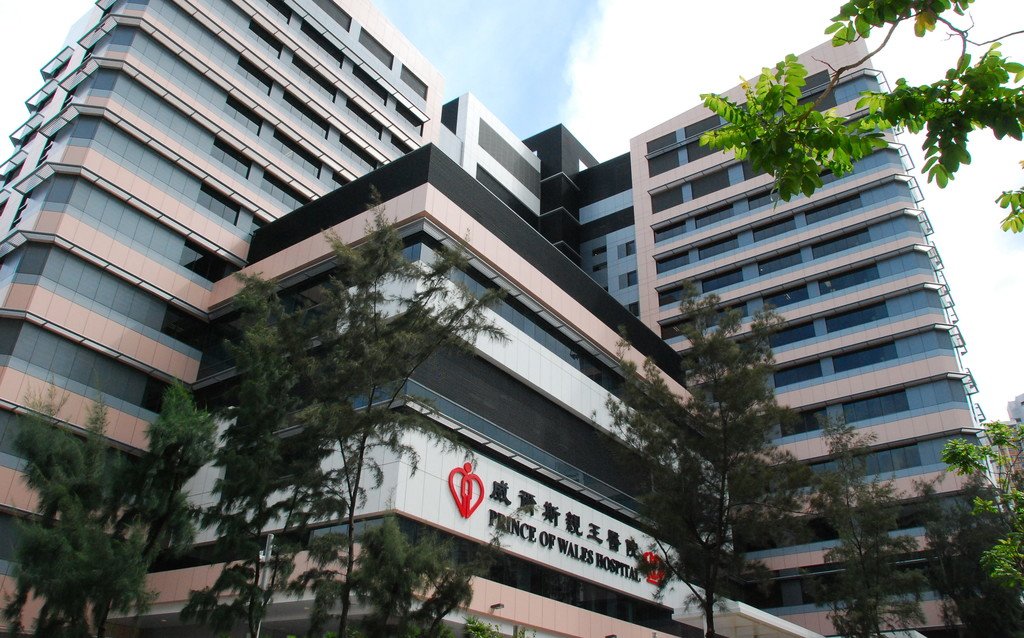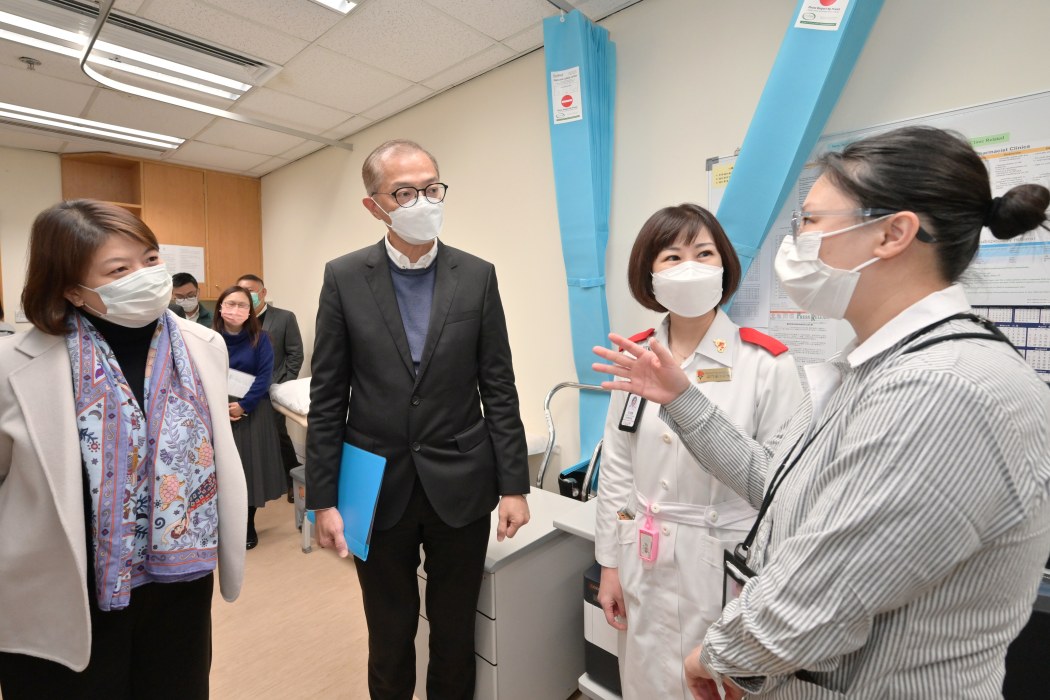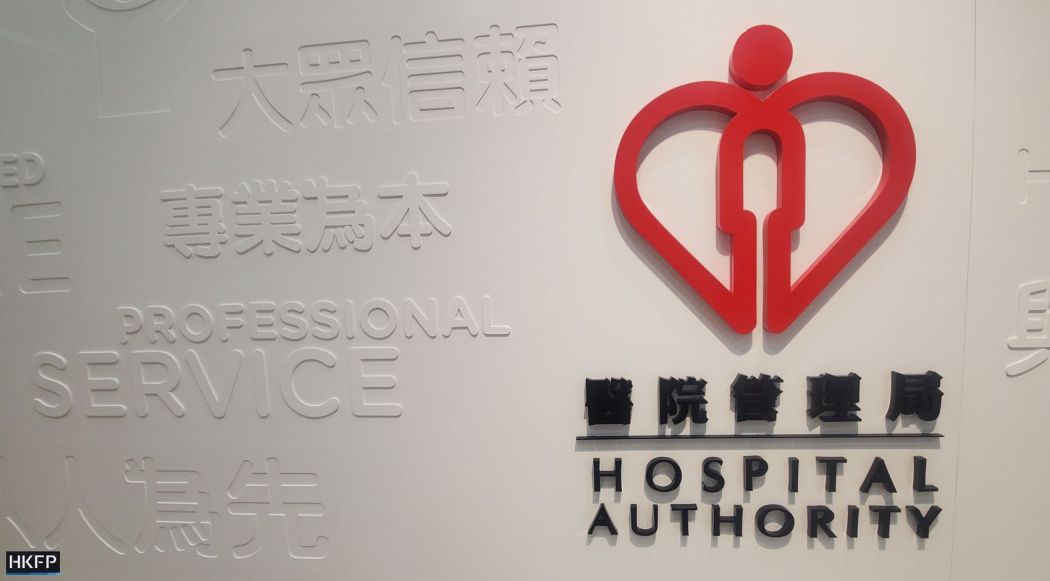A premature baby has died at a Hong Kong government hospital after an error related to the equipment delayed an infusion for 50 minutes, prompting authorities to apologise and promise an investigation.
The baby, which was a twin, was born on June 12 after 28 weeks with congenital heart problems and other issues. The infant needed ventilator support and an infusion of inotropes drugs and was admitted to the Neonatal Intensive Care Centre at The Prince of Wales Hospital.

As the infant displayed persistent hypotension, medical staff adjusted the infusion at around 3am on Tuesday.
“An alarm of the infusion equipment was triggered at around 3.50am. Health care staff immediately checked the equipment and found that the stopcock of the infusion tube was not opened, which obstructed the drug infusion, ” a hospital spokesperson said in a statement.
The baby died at 4pm Tuesday.
The hospital said it has set up a Root Cause Analysis Panel to investigate the incident, and apologised to the family. The case has been reported to the Hospital Authority, the body that manages all government hospitals, and referred to the Coroner.
Cardiologist Bernard Wong said on NowTV that the incident might be “one tragic incident caused by multiple errors” as equipment in the centre was supposed to be very sensitive.

Wong said he believed it was abnormal for the alarm not to go off for 50 minutes and the alarm might have been faulty. “The nurses might have been very busy and turned to other tasks once the infusion was set. It was too late when they returned to check.”
The cardiologist said that due to a manpower shortage in government hospitals, it was not unusual for staff to forget to open the stopcocks of infusion tubes. However, medics could usually detect and correct such errors in a timely fashion without causing fatal accidents.
‘Cannot confirm 100 per cent’
Executives of the hospital bowed and apologised to the infant’s family and the public at a press conference on Friday held by hospital chief executive Chung Kin-lai, deputy chief executive Cheung Hon Ming, and director of the paediatric department Eva Fung.
Chung said that, at this stage, the hospital “cannot confirm 100 per cent if the incident was caused by human error,“ and that was why they had set up the Root Cause Analysis Panel.
Led by Fok Tai-fai, former pro-vice-chancellor of Prince of Wales Hospital, the investigation will be completed within eight weeks.
Chung added that, at the time of the incident, two doctors were taking care of the infant and two nurses were working at the bedside to check if the baby had suffered from a cerebral embolism.
The sibling is receiving treatment at the Neonatal Intensive Care Centre at the hospital.
Shortage of Medics
The accident came amid rising concern over the city’s shortage of doctors, nurses and support staff after a wave of emigration following the 2019 protests and unrest.
The turnover rate of nurses in the year 2021/22 rose to 9.4 per cent , a significant increase over 5.8 per cent the previous year, according to a Hospital Authority document cited by Ming Pao.

Exit interviews at Queen Elizabeth Hospital showed that emigration was the main reason, cited in 39 per cent of all cases.
Some 1,247 doctors left government hospitals over the past three years, with only 191 of them retirees, Health Secretary Lo Chung-mau told legislators in March.
Tim Pang, a social worker and patient’s rights advocate at the Society for Community Organization, told HKFP that while manpower shortages might increase the risk of accidents, it is still important to look more closely into medical procedures for every specific case.
“We shall not explain medical accidents by simply referring to the shortage of medics,” Pang said, regarding the case of the premature baby. “It’s important to investigate whether it’s related to equipment error or human error, and if it is caused by human error, why it happened, [and] what was wrong with the procedures.”
Pang added that, according to government protocols for dealing with medical accidents, the analysis panel should complete the investigation within eight weeks.
Correction 16/6: A previous version of this piece cited Pang as saying that an investigation would be completed in two weeks. In fact, he said it would take eight weeks. We regret the error.
Support HKFP | Policies & Ethics | Error/typo? | Contact Us | Newsletter | Transparency & Annual Report | Apps
Help safeguard press freedom & keep HKFP free for all readers by supporting our team

LATEST FROM HKFP
HKFP has an impartial stance, transparent funding, and balanced coverage guided by an Ethics Code and Corrections Policy.
Support press freedom & help us surpass 1,000 monthly Patrons: 100% independent, governed by an ethics code & not-for-profit.










